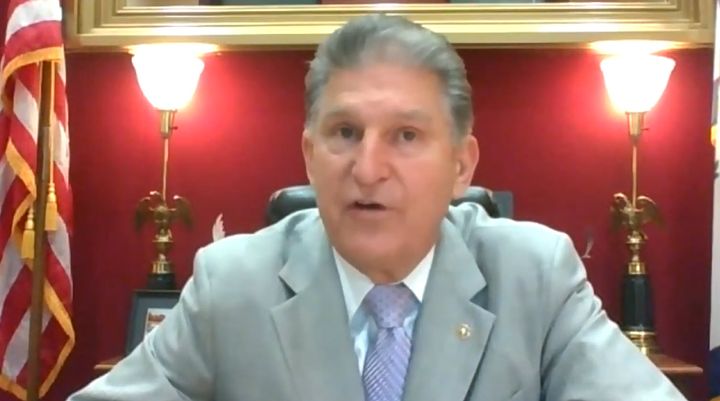Senator Bernie Sanders and Rep. Bobby Scott officially kicked off a new legislative push to raise the minimum wage this week by introducing legislation that would phase in a $15 an hour minimum over a four-year period. If the Senate parliamentarian determines that a minimum wage hike can survive in a reconciliation package under the Byrd rules, the Democrats have a real shot at getting the wage hike accomplished in this legislative session.
Not surprisingly, trade groups representing industries that employ a lot of low-wage workers have been busy speaking to the press this week about why the proposal is bad for their member companies. And right in the media mix is a restaurant industry-funded nonprofit that has been a prominent feature in minimum wage debates for decades.
The Employment Policies Institute (EPI) has long been exposed, through a multitude of reports, as a front group headed by Richard Berman, a prolific corporate front group designer who has been nicknamed “Dr. Evil” for carrying water for toxic interests like tobacco, junk food, and Monsanto. According to SourceWatch, Berman and his front groups have worked “to block legislation on food safety, secondhand cigarette smoke, and drunk driving.”
Berman is listed as EPI’s President and Executive Director in the group’s most recent annual tax filing, which also states that Berman’s PR firm, Richard Berman and Company, is the group’s management company. EPI and Richard and Berman and Company share the same D.C. address.
At present, Berman and Company’s website shows examples of its work for potential clients including a pro-high fructose corn syrup spot, an anti-union commercial equating union bosses with corrupt monopolists, a segment of the “victims” of California’s Prop 65, which requires the state to maintain a list of chemicals known to the state to cause cancer or reproductive toxicity, and, for the American Beverage Institute, a print ad against a bill in Utah to lower the legal blood alcohol limit for drivers.
Unfortunately, the media is once again letting Berman and EPI come off as independent researchers in their press coverage around the minimum wage.
In its piece on lobbying around the minimum wage fight, The Hill, one of the most widely read news outlets among federal policymakers, referenced an EPI study and extensively quoted the group’s managing director, Michael Saltsman, while referring to the group simply as “a fiscally conservative think tank.” The entire article was about lobbying efforts of groups like the International Franchise Association and the National Restaurant Association, yet apparently no one who worked on it thought to look up the think tank whose research was presented to bolster those groups’ talking points. (Also possible that a decision was made to not include a line about Berman and his PR firm.)
The Guardian, in its piece on Sanders’ renewed push for a $15 minimum wage, quoted Saltsman on how raising the wage is “irresponsible” and described EPI as a “corporate backed research group.” The article fails to mention that it is run by Berman, an infamous organizer of front groups designed to promote corporate lobbying talking points.
NPR affiliate Texas Standard had Saltsman on as a guest on Wednesday for a segment on how economists disagree on whether raising the minimum wage is a good idea. Saltsman was identified as a representative of EPI, which was described on air as “a fiscally conservative think tank based in Washington D.C.” Listeners exposed to five minutes of Saltsman’s arguments against increasing the minimum wage had no idea that his employer is part of Berman’s network of corporate front groups.
Bloomberg Law quoted Saltsman on Jan. 15 in its article on the debate over the $15 minimum wage. The article simply said that Saltsman was managing director at EPI.
The Detroit News ran an anti-$15 minimum wage op-ed from Saltsman and EPI director of research and state coalitions Rebekah Paxton last October without any disclosure of the group’s funding or its deep ties to anti-$15 minimum wage industries.
This is not a new or unknown problem. In 2013, the Center for Media and Democracy examined articles mentioning Saltsman or EPI and found that 83 percent of the time reporters did not provide readers with information about their ties to Berman. Only 3 percent of articles properly linked EPI to Berman, they found.
Research organization LittleSis made a graphic that shows Berman and EPI’s many front group ties. You can see it below or click here.
Originally posted at The Brick House Cooperative



